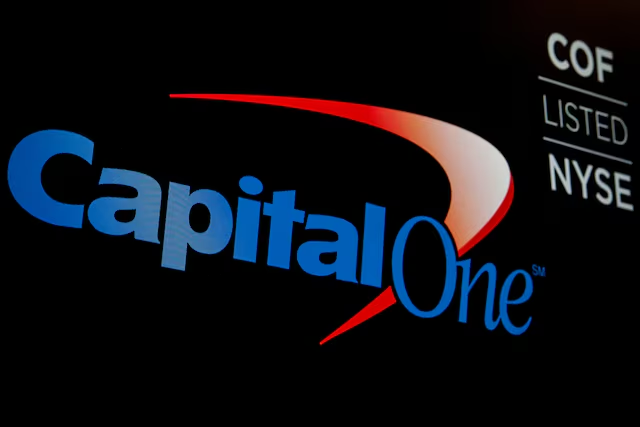U.S. banking regulators have approved Capital One’s $35.3 billion acquisition of Discover Financial Services, a deal that will make the combined entity the eighth-largest bank in the country. The Federal Reserve and the Office of the Comptroller of the Currency (OCC) completed a thorough review of the merger, which is set to create the largest credit card issuer in the U.S. by balances. Capital One will also gain control of Discover’s vast card payment network. With assets totaling approximately $637.8 billion, the new company will hold 2.2% of the nation’s insured deposits.
The deal, which is expected to close on May 18, has been closely monitored by financial executives who view it as a test case for how the current administration will handle mergers in the banking sector, which they believe is ripe for consolidation. The acquisition positions Capital One as one of the major players in the U.S. payment-processing industry, where it will compete directly with Visa and Mastercard.
Both companies have secured the necessary regulatory approvals, although the OCC’s approval was contingent upon plans for corrective actions to address any lingering enforcement issues against Discover. These actions stem from past violations, including the overcharging of fees, which have led to regulatory penalties. The Federal Reserve also imposed a consent order on Discover, alongside a $100 million fine for overcharging fees between 2007 and 2023. The Federal Deposit Insurance Corporation (FDIC) separately fined Discover $150 million for similar infractions.
The merger is expected to boost competition in the payments sector, offering a broader array of products to customers and enhancing resources dedicated to innovation and security. Michael Shepherd, interim CEO of Discover, highlighted the potential benefits of the deal, which could also bring positive changes to the community.
However, not everyone supports the merger. The advocacy group Better Markets has raised concerns that the deal could reduce competition, limit consumer choice, and lead to higher fees for customers. Despite these objections, the U.S. Justice Department determined that there were no significant competition concerns that would prevent the merger from going forward.
READ MORE:



